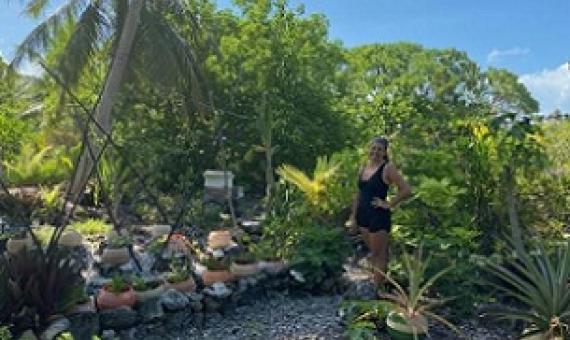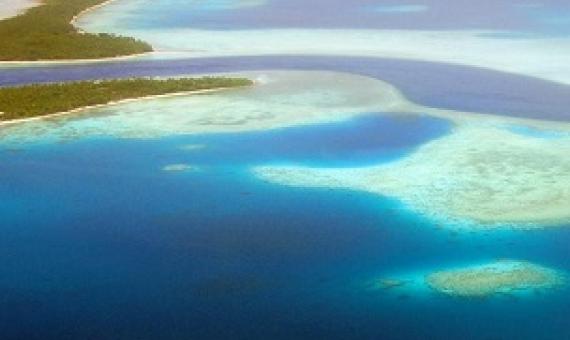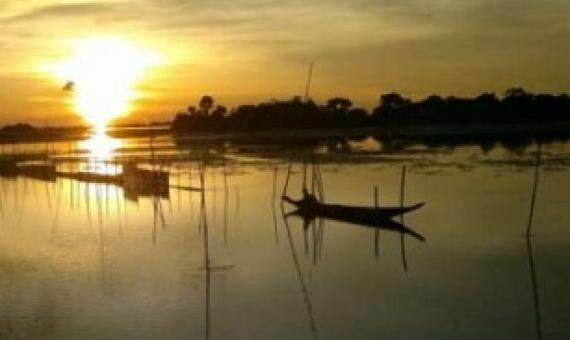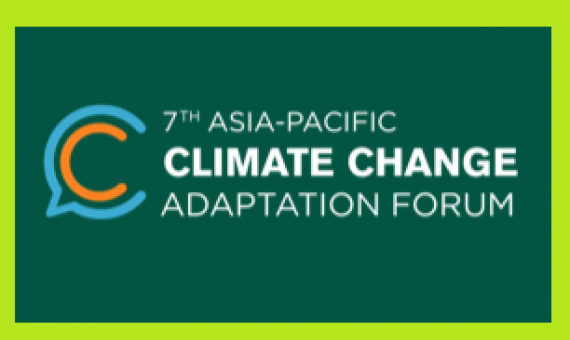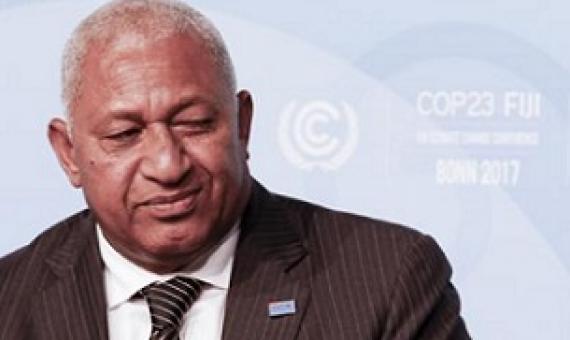Climate change, sea-level rise, and conservation : keeping island biodiversity afloat
Island conservation programs have been spectacularly successful over the past five decades, yet they generally do not account for impacts of climate change. Here, we argue that the full spectrum of climate change, especially Island conservation programs have been spectacularly successful over the past five decades, yet they generally do not account for impacts of climate change. Here, we argue that the full spectrum of climate change, especially sea-level rise and loss of suitable climatic conditions, should be rapidly integrated into island biodiversity research and management.

